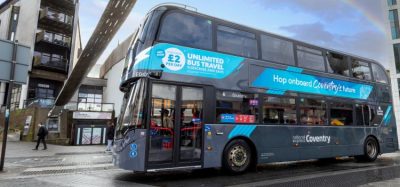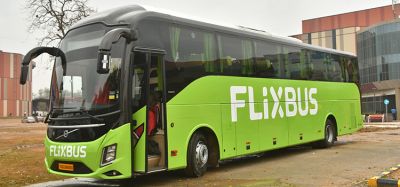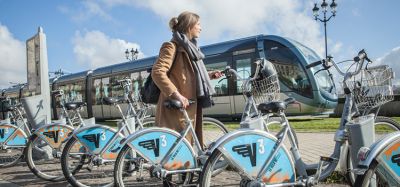£50 million funding to support UK zero-carbon automotive projects
- Like
- Digg
- Del
- Tumblr
- VKontakte
- Buffer
- Love This
- Odnoklassniki
- Meneame
- Blogger
- Amazon
- Yahoo Mail
- Gmail
- AOL
- Newsvine
- HackerNews
- Evernote
- MySpace
- Mail.ru
- Viadeo
- Line
- Comments
- Yummly
- SMS
- Viber
- Telegram
- Subscribe
- Skype
- Facebook Messenger
- Kakao
- LiveJournal
- Yammer
- Edgar
- Fintel
- Mix
- Instapaper
- Copy Link
Posted: 16 October 2019 | Intelligent Transport
Three UK projects have received funding to combine the capabilities and skills of original equipment manufacturers, suppliers and academics to further develop the UK’s zero-carbon automotive future.


Three UK-based zero-carbon automotive projects have secured government funding via the Advanced Propulsion Centre.
The combined award of £25.4 million, provided by the Department for Business, Energy and Industrial Strategy and delivered by Innovate UK, will support the development of the three projects CompETe, Project Esther and CELEB 2.
Industry contributions worth an estimated £25 million are also expected to support the projects that focus on:
- Hydrogen fuel cells for buses and large vehicles
- An electric bus drivetrain that integrates heating, cooling and ventilation to reduce energy consumption
- A lightweight electric drive unit for a variety of new vehicles that offers increased range, power and torque.
With the UK committed to net zero carbon by 2050, following legislation published in June 2019, each project is built on collaboration, bringing together industry and academia to ensure ideas are developed and brought to market quickly.
Jaguar Land Rover – CompETe
All new Jaguar and Land Rover vehicle models will have an electrified option from 2020 and, as part of this strategy, the company has partnered with academics at the University of Warwick and Newcastle University, and industrial partners Lyra Electronics, Fuchs Lubricants, C.Brandauer & Co. Limited, Motor Design Limited, Tata Steel and Inetic Limited. Together they aim to create an electric drive unit with leading efficiency, high power and torque density. The lightweight and compact unit will be supported by a newly developed UK production supply chain and is set to be assembled at their Engine Management Centre in Wolverhampton.
Intelligent Energy – Project Esther
Loughborough-based Intelligent Energy’s project hopes to secure the UK’s position at the forefront of the hydrogen fuel cell electric vehicle market. Working with Alexander Dennis and Changan UK R&D Centre, the company will establish a UK fuel-cell production capability to deliver zero emission drivetrain solutions for large passenger cars, buses and heavy-duty transport. The new modular fuel cell system, supported by an expanded supply chain, will reportedly be lower cost than current options.
Equipmake – CELEB 2
A consortium led by Equipmake, will develop novel electric bus architecture that aims to improves efficiency, reduce unit cost and accelerate market uptake. Drivetrains that are fully integrated with heating, cooling and ventilation systems will reduce energy consumption by over 30 per cent compared with existing technologies, with the first vehicles entering testing in London and Buenos Aires by 2021.
Ian Constance, Chief Executive of the APC, said: “The winning projects were selected following rigorous assessment and were ranked based on the value they create for the UK economy. These three projects all develop new UK production supply chains, as well as many hundreds of employment opportunities. We have high regard for the sharing of knowledge between industry and academia, therefore ensuring the creation of a highly-skilled and experienced zero carbon automotive sector.”
Related topics
Air Quality, Alternative Power, Fleet Management & Maintenance
Related cities
UK
Related organisations
Innovate UK, The Advanced Propulsion Centre., The Department for Business Energy and Industrial Strategy
Related people
Ian Constance







